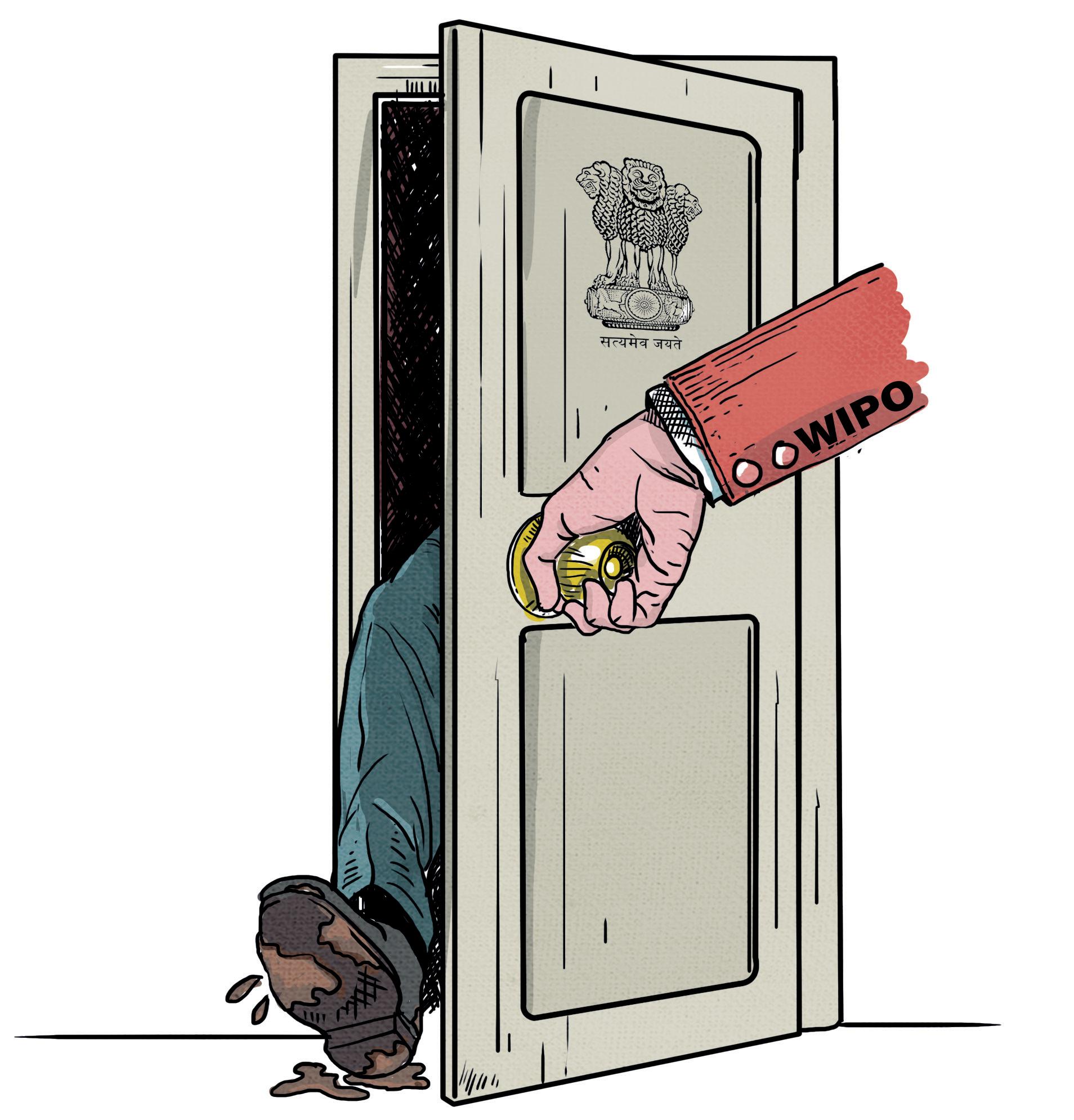
AS AN international accord that has been in the works for a quarter century, A the WIPO Treaty on Intellectual Property, Genetic Resources and Associated Traditional Knowledge agreed upon on May 24 is being hailed as groundbreaking. WIPO or the World Intellectual Property Organization, a UN agency with 193 members, described the treaty as historic. Perhaps it is.
For one, the agreement was finally reached in the face of opposition over decades from the usual suspects-the US, Europe and Japan and the powerful lobbies of industry groups affected by the demand, which was first put forth by Colombia in 1999. In that proposal, the Colombian delegation had asked WIPO to include in the Patent Law Treaty (PLT), which was then under discussion, far-reaching provisions linking patent applications with guarantees protecting a country's biological and genetic resources.
The nub of the Colombian proposal was to ensure that the grant of patents or registrations related to such resources were legally acquired. To this end, Colombia suggested that every document should specify the registration number of the contract allowing access to genetic resources that have been used in the manufacture or development of products for which patents are being sought. Although the proposal was supported by several developing countries, it found no mention in PLT, signed in 2000, because it was opposed by the US and its allies.
Bu hikaye Down To Earth dergisinin June 16, 2024 sayısından alınmıştır.
Start your 7-day Magzter GOLD free trial to access thousands of curated premium stories, and 9,000+ magazines and newspapers.
Already a subscriber ? Giriş Yap
Bu hikaye Down To Earth dergisinin June 16, 2024 sayısından alınmıştır.
Start your 7-day Magzter GOLD free trial to access thousands of curated premium stories, and 9,000+ magazines and newspapers.
Already a subscriber? Giriş Yap

Lifting a curse
How Gangabai Rajput helped her water-scarce village in Madhya Pradesh let go of superstition and revive an ancient waterbody

CLIMATE SHAPES SPECIES
Gradual changes in a population that lives in a region with environmental shifts give rise to new species

LEAFY GOODNESS
Leaves of the bottle gourd can be a healthy green addition to the plate

'Story of human origin is still not figured out or over'
Fifty years ago, the discovery of a partial skeleton amid the barren desert landscape of northern Ethiopia transformed our understanding of where humans came from, and how we developed into Homo sapiens. \"Lucy\" was first spotted on November 24, 1974, by the American paleoanthropologist Donald Johanson and his student assistant Tom Gray. Named after the Beatles' Lucy in the Sky with Diamonds, a popular song in the their team's camp at the time, it was immediately clear she was a female, because of her small adult size, and that she had walked upright, unlike chimpanzees. Lucy was also very old-at almost 3.2 million years, she was anointed as the then-earliest known (distant) ancestor of modern humans. Over the following decades, rather fittingly given her name, she became a \"paleo-rock star\", going on a US tour from 2006 following a deal with the Ethiopian authorities.

Deadly discharge
Residents of an industrial cluster blame effluent and sewage treatment plants for discharging poorly treated water that contaminates the area, causes skin diseases

US drug regulator faces Trump heat
FAILED REPUBLICAN presidential candidate Vivek Ramaswamy is making more news now than during his doomed attempt to get the party nomination for president. Ramaswamy's decision to throw in the towel and back Donald Trump after his campaign went nowhere showed acumen, the kind he is famous for in the investment world.

Distorted picture
India's groundwater recovery may be misleading, as new assessment methods inflate annual recharge figures and discontinue on-ground verification

A MAKE OR BREAK YEAR
Expect some stiff targets, radical policy measures and rapid innovations as polycrisis reaches a crescendo this year

Commons in crisis
A landmark 2011 Supreme Court ruling to protect shared resources deepens struggles for India's marginalised communities

Europe faces Russian natural gas supply cuts
UKRAINE'S PRIME Minister Denys Shmyhal said on December 16, 2024, that its gas transit agreement with Russia will expire on January 1, 2025, and will not be renewed. The agreement was to allow transit of natural gas to Europe amid the RussiaUkraine conflict.